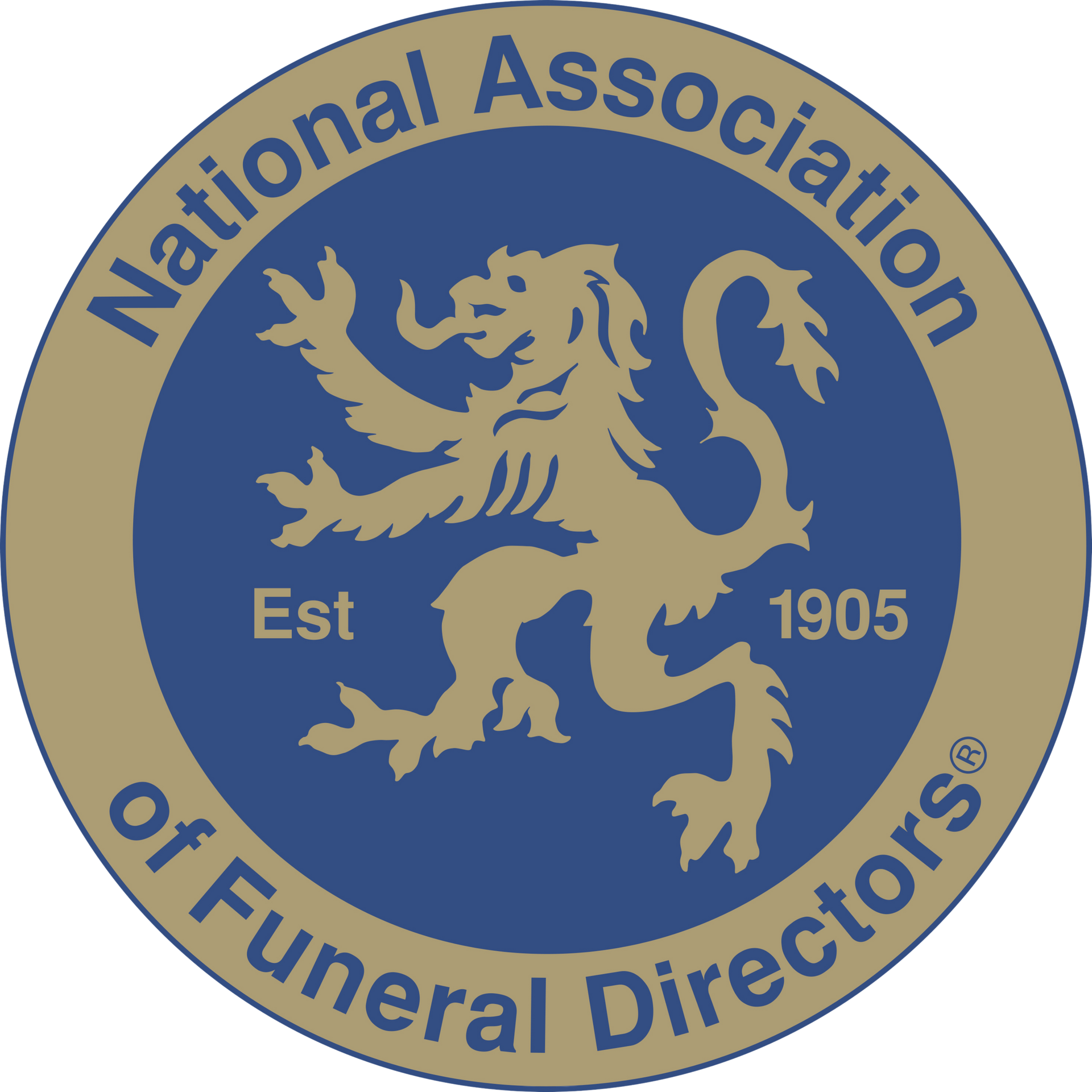What to do when someone dies in hospital
If a person has died, we're here to support you. Learn what to do if someone dies in hospital with our step-by-step guide.
What to do when someone dies in hospital in the UK
There are steps that need to be taken when a person dies. In this guide, we show you what happens when a person dies in hospital, including the steps you need to take as a friend or family member. We hope it makes things a little simpler at this emotionally challenging time.
What hospital staff will do
If the death was expected
1. Inform you of the death
If you're not already there, the hospital will contact you to let you know the person has died.
Sometimes, hospitals have specialised bereavement teams who contact family members and guide them through the next steps. If not, it's usually the ward staff who will call.
2. Lay out the person's body
Hospital staff will lay out the person's body and take it to the mortuary (body storage room). In most cases, you must to arrange for a funeral director to collect the person's body.
3. Issue a medical certificate
All deaths must be registered with a register office. Before this can happen, a doctor must issue a medical certificate of cause of death. This is a document that records how the person died.
If the hospital can issue a medical certificate
The hospital will send the medical certificate to the local register office. The register office will then contact you to arrange a time and day when you can go and register the death.
The register office won't charge you for the medical certificate or to register the death.
The hospital might ask to carry out a post-mortem. This is where the person's body is examined so doctors can learn more about how they died. It's up to you whether you give permission for a post-mortem.
If the hospital can't issue a medical certificate
Occasionally, doctors will need to ask the coroner to get involved. The coroner is a special judge who investigates how people died.
This can happen for a number of reasons, including if the death was sudden and unexpected or if the cause of death is unclear.
The coroner will need to investigate the death, which can take some time. You may have to delay the funeral to allow for this investigation. However, you can let them know if you need to make quick funeral arrangements for religious reasons.
You can't register the death until the coroner completes the investigation. When the investigation is complete, the coroner will contact the register office directly, who will then contact you to arrange
an appointment.
What you need to do first
Contact a funeral director
In most cases, you will have to contact a funeral director to collect the person's body from the hospital. The funeral director will take the body to their funeral home and look after it until the funeral.
Collect the person's possessions
The hospital will let you know you can come and collect the person's belongings. You may need to sign a document before the hospital can hand the belongings over to you.
What to do next
Within five days – register the person's death
In England and Wales, the person's death must be registered within five days (unless the coroner is investigating the death). This time limit includes weekends and bank holidays. In Scotland, the time limit is eight days.
You must go to the register office in person to register the death. Usually, the register office will contact you to arrange an appointment. They should also tell you what information you need and which documents to bring.
Other things you need to do
Within the first few days
Tell friends and relatives about the person's death.
Tell the government and other organisations about the death.
You can use the
Tell Us Once
service to inform several government departments in one go.
Learn more about which services and organisations you need to contact.
Return the person's passport and driving licence.
You'll need to send the passport back to HM Passport Office and the driving licence to DVLA.
Find the addresses you need.
Start making funeral arrangements:
When you feel ready, you can start arranging the funeral on your own or with a funeral director of your choice.
Within the next few months
Start dealing with the person's estate:
an estate is everything the person owned, including money, shares and possessions. This must be shared according to the person's will or, if they didn't leave a will, a set of rules called 'intestacy rules'. Depending on the circumstances, you may or may not have to get involved with this.
More advice and support
Our 24-hour helpline
Do you need immediate support because a person has died? We are available to help 24 hours a day, 365 days a year.
More guides
Our guides give you step-by-step advice on what to do if a person dies, as well as help with funeral planning.
Your funeral choices
When you're ready to start thinking about the funeral, you can learn more about your options here.


